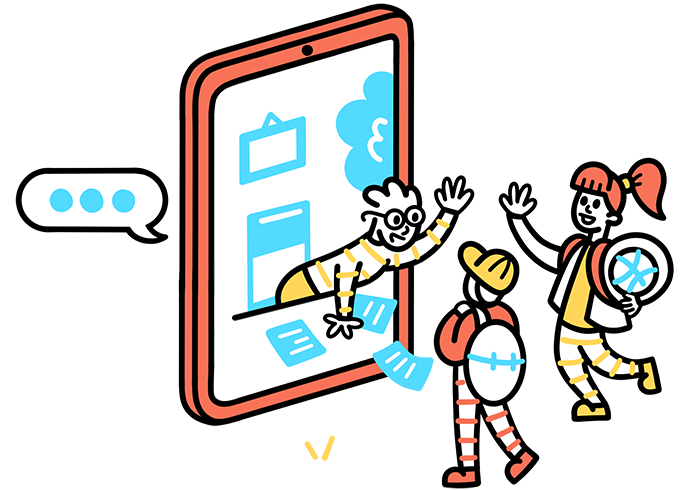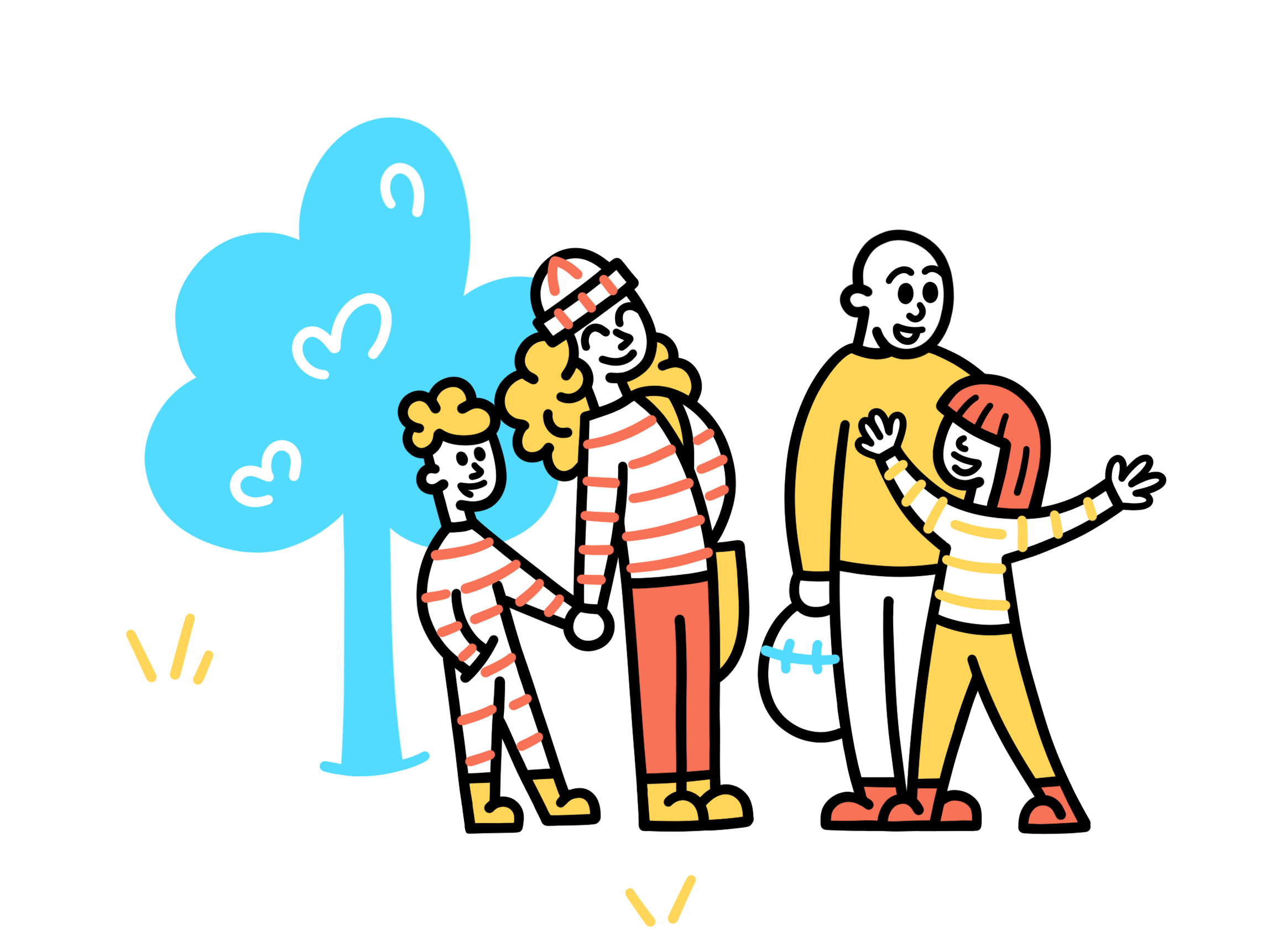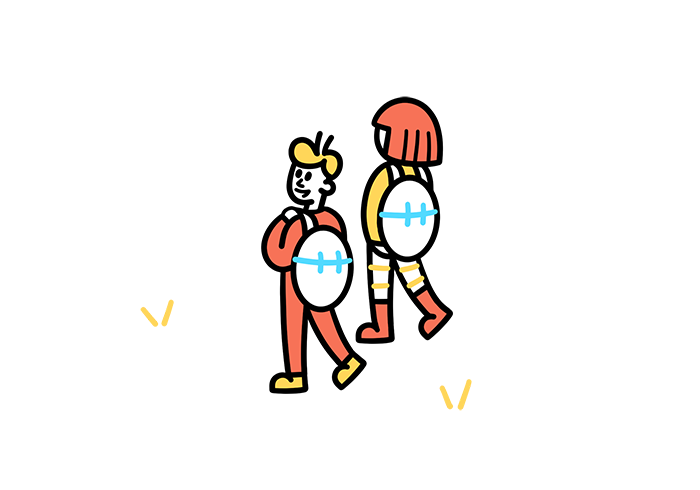Digital school environment for students

All middle and upper primary school students in city-run primary schools will have access to a learning device, either a Chromebook or an iPad. Having your own learning device increases the possibilities for more varied project work and many forms of support for learning.
Students have access to Google Workspace for Education, where teachers post study materials and instructions in Google Classrooms and where students deliver digital assignments.
Where Do I Start?
You need to use your school email @gskolar.is to sign in to the Chromebook and Google Workspace for Education.
Google Workspace Guides
Google Classroom is a digital school where your teachers invite you to their classrooms. There, they can post course materials, lesson plan, further instructions, links to useful websites, and tutorial videos. They can share documents with you, provide instructions and accept submissions.
Good to know
Will I receive a computer in school?
Students in the upper primary school received learning devices in the fall of 2021, followed by mid-level students in subsequent semesters. By December 2022, all mid-level and upper primary school students had received learning devices.
What should I do if the device breaks or gets lost?
Contact the school immediately if something happens to computer equipment provided by the school.
No one intends to lose or damage equipment, but the accidents can happen.
Parents/guardians are not required to pay for damages unless the damages are intentional.
Can I take the device home?
It's your teacher's decision if, and when, you may take the device home.
Online communication
- Be courteous and clear in communication (sarcasm can cause misunderstandings in writing).
- Get permission before you share photos and videos.
- Never share photos that are derogatory or hurtful in any way.
- Never forward photos from others; stop the distribution.
- Educate yourself about your rights; for instance, no one is allowed to publish your photo without permission.
- Turn to an adult if you experience anything uncomfortable.
- If in doubt, seek advice from an adult.
- Participate in creating good online habits.
- Remember, the internet forgets nothing.
Digital citizenship
Digital citizenship—being a digital citizen—is having the knowledge, skills and attitudes needed to demonstrate responsible and respectful behavior when using technology. With the introduction of learning devices in the City’s schools, everyone is encouraged to improve their online habits.

Data protection and e-learning
It is important what software is used in school, and we need to keep you safe and secure online.
Software must be assessed for risks before using it in school and recreation.
The following questions need to be answered: What data is processed? Where is the data stored? Can it be deleted? Are any advertisements related to the usage?

What do you want to explore next?
- Mixtúra SFS creation and technology lab
- Creative technology Creative education, creative submissions
- Digital learning Front page.
- Digital citizenship Reason, responsibility, regard
- Data protection and e-learning Laws and regulations.
- Google Workspace Student Guide A, B, C, D, E, F, Google...
- Learning Devices Pencil, sharpener, eraser...